To prevent heat-related illnesses such as fainting and heat stroke, experts recommend drinking enough water, avoiding crowded areas and wearing light-colored clothing.
To prevent heat-related illnesses such as fainting and heat stroke, experts recommend drinking enough water, avoiding crowded areas and wearing light-colored clothing.
Heat illness is a serious medical condition caused by the body's inability to regulate its temperature. People can experience cramps, exhaustion, fainting, and heat stroke.
Normally, humans gradually maintain their body temperature within a very narrow range, about 36 degrees Celsius to 37 degrees Celsius. Heat illness occurs when the human body cannot dissipate excess heat and cool itself properly, the body loses its "thermal equilibrium". When the body is too hot, the blood vessels become larger, the heart beats faster and stronger. More blood flows to the outer layers of the skin from the inner core muscles.
Heat illness has specific stages and levels of severity. In the early stages, the body develops heat rash, which is a type of skin irritation that causes the skin to turn red and sting. Next comes heat cramps. People with heat cramps feel thirsty and have muscle spasms. In the later stages, people suffer from heat exhaustion. Symptoms include extreme fatigue, inability to walk, thirst, rapid pulse, and sweating. The most severe symptom is heatstroke. This is when the body temperature rises above 41 degrees Celsius. People with heatstroke experience confusion, hot and dry skin, and an inability to sweat. This is the most serious stage and can be life-threatening.

To prevent heat-related illnesses, the simplest way is to always drink enough water, especially when you feel thirsty. People can monitor the color of their urine. If the urine is clear, your body is hydrated. If the urine is dark, your body is dehydrated.
In addition, experts recommend applying plenty of sunscreen to avoid sunburn and further dehydration. Wear light-colored, loose-fitting clothing made from breathable materials to help keep your body cool.
If you are an athlete or a worker who has to work a lot and continuously in the heat, experts recommend taking timely breaks in the shade and making sure to drink enough water. People should pay attention to their age and medical history, as these are factors that affect the rate of heat-related illness.
Children and the elderly are particularly susceptible to heatstroke or heatstroke. Summer is also the holiday season, when people enthusiastically participate in large concerts or outdoor events. Crowded atmospheres and high temperatures can easily cause fainting in people with poor health.
To provide first aid to someone who has fainted or is suffering from heat stroke, you can move them to a cooler, more ventilated area, such as an air-conditioned room or a shaded area. Next, loosen their clothing to allow their skin to breathe and sweat to evaporate. They should be given fluids immediately to replenish their body fluids.
In severe cases, the patient may become confused and lose consciousness, call an ambulance immediately.
Source


![[Photo] Summary of parade practice in preparation for the April 30th celebration](https://vstatic.vietnam.vn/vietnam/resource/IMAGE/2025/4/11/78cfee0f2cc045b387ff1a4362b5950f)
![[Photo] Phuc Tho mulberry season – Sweet fruit from green agriculture](https://vstatic.vietnam.vn/vietnam/resource/IMAGE/2025/4/10/1710a51d63c84a5a92de1b9b4caaf3e5)



![[Photo] Prime Minister Pham Minh Chinh chairs meeting to discuss tax solutions for Vietnam's import and export goods](https://vstatic.vietnam.vn/vietnam/resource/IMAGE/2025/4/10/19b9ed81ca2940b79fb8a0b9ccef539a)
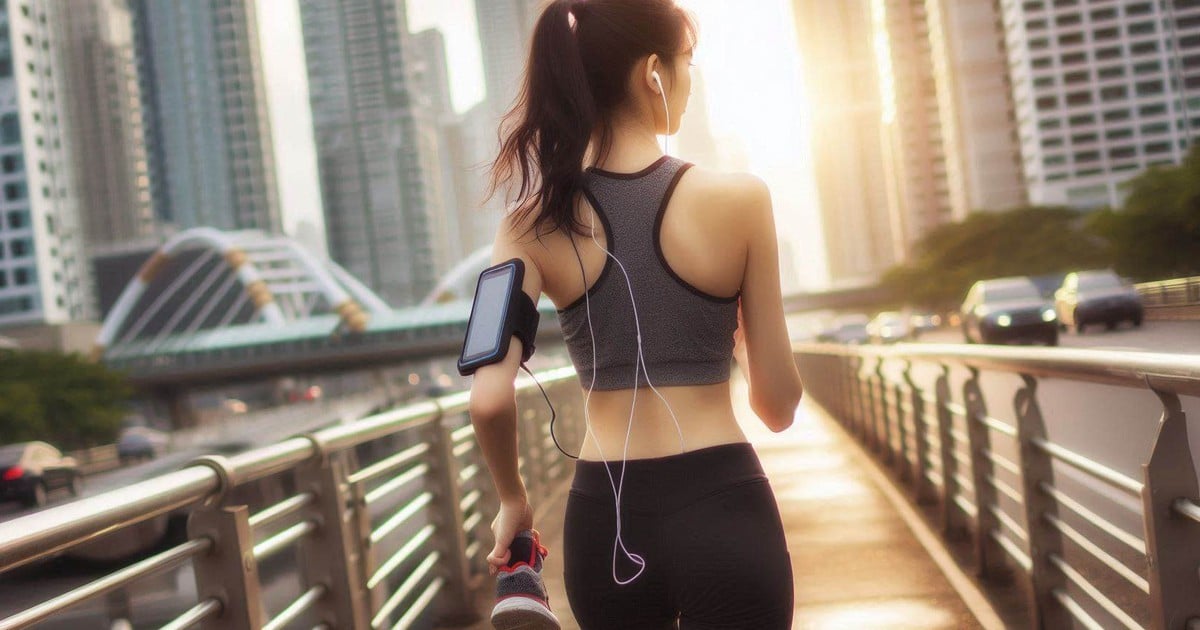

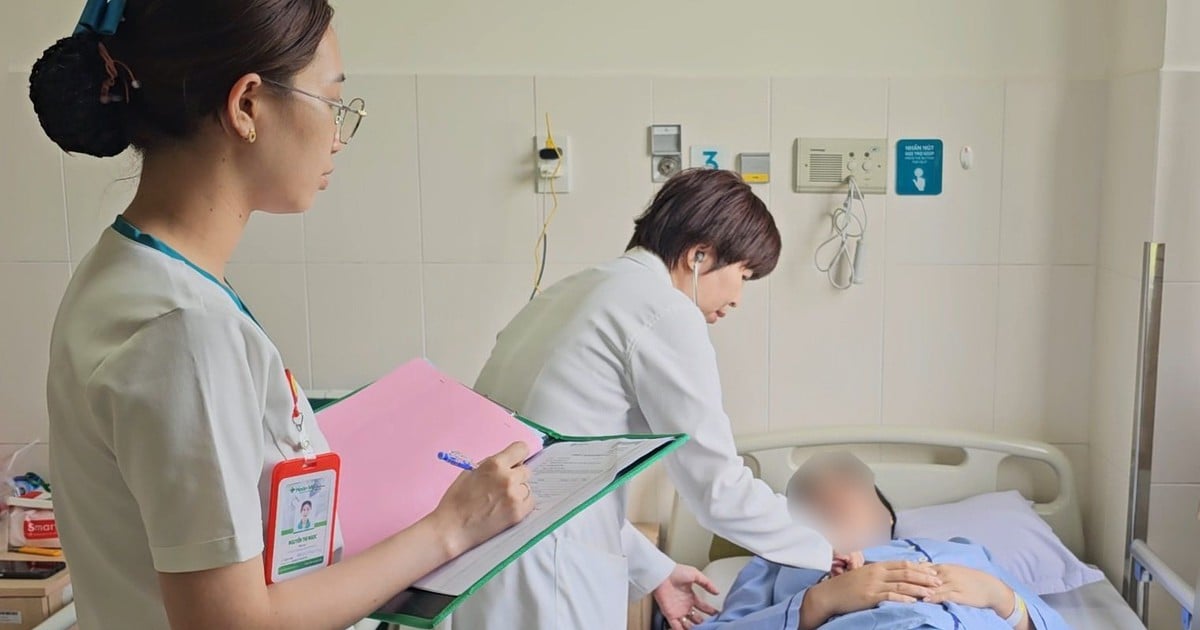
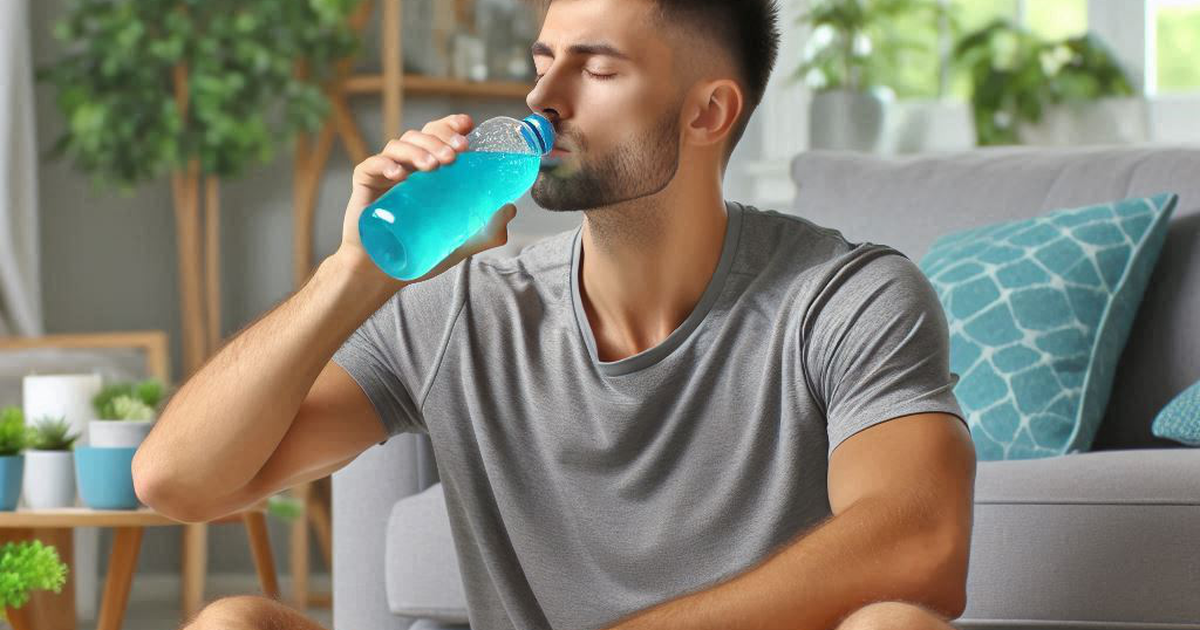
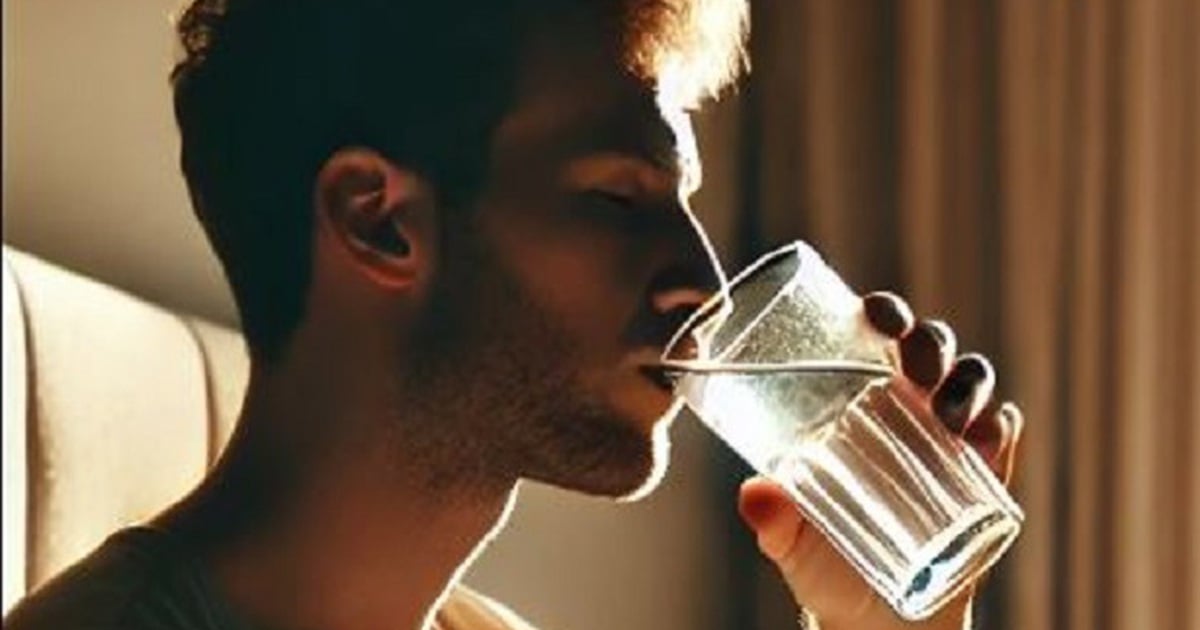
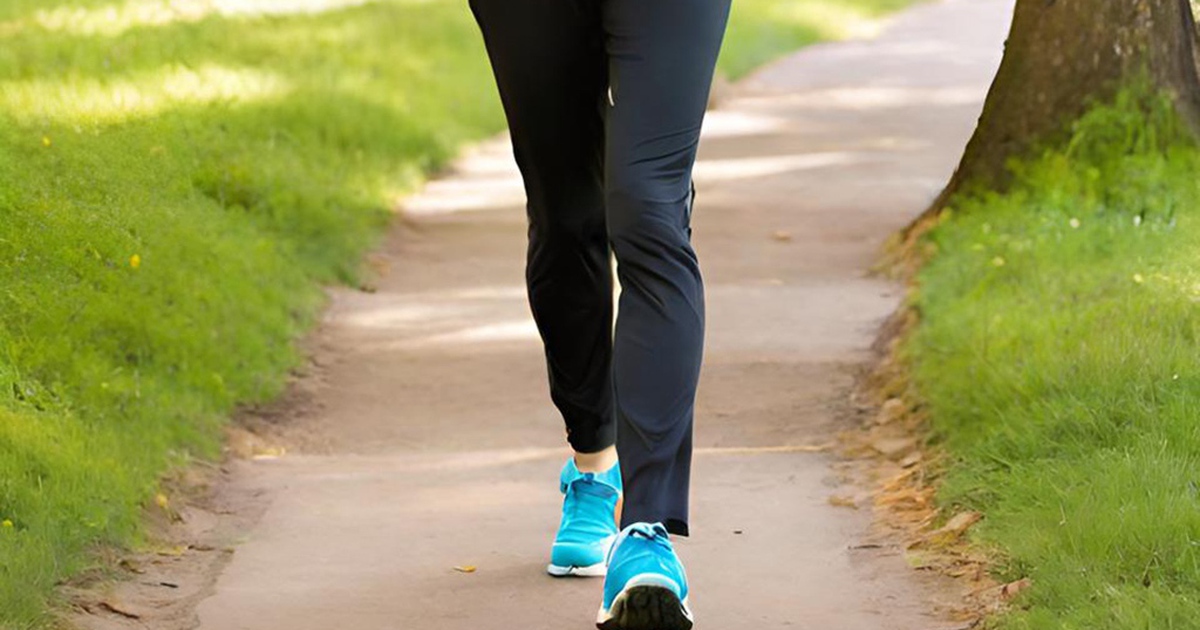
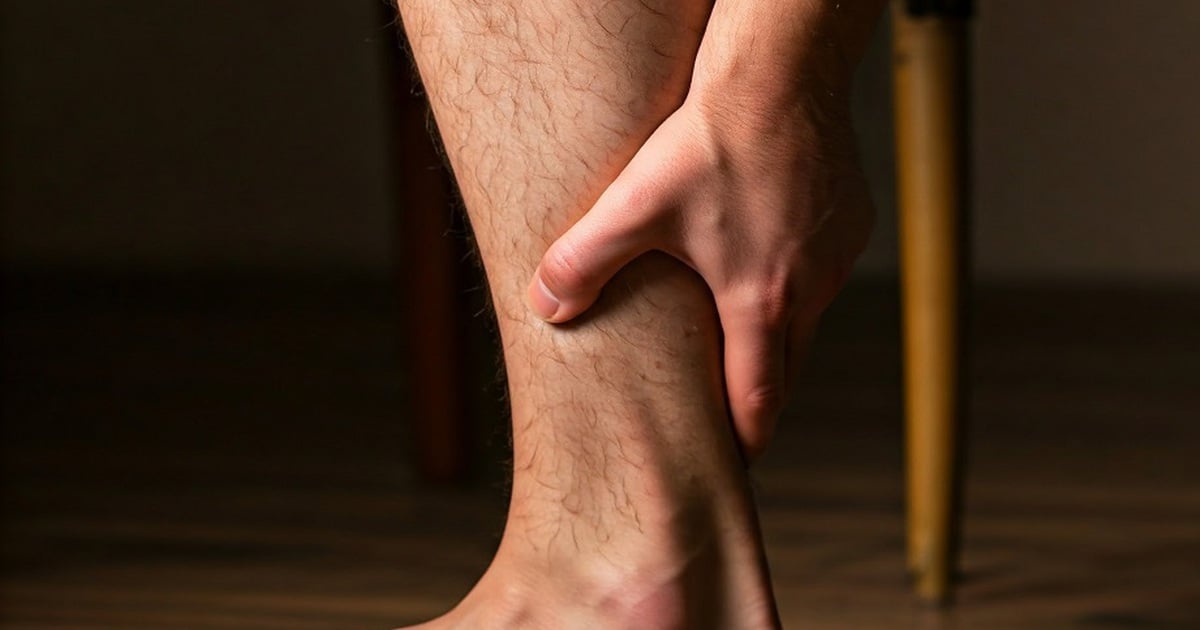














































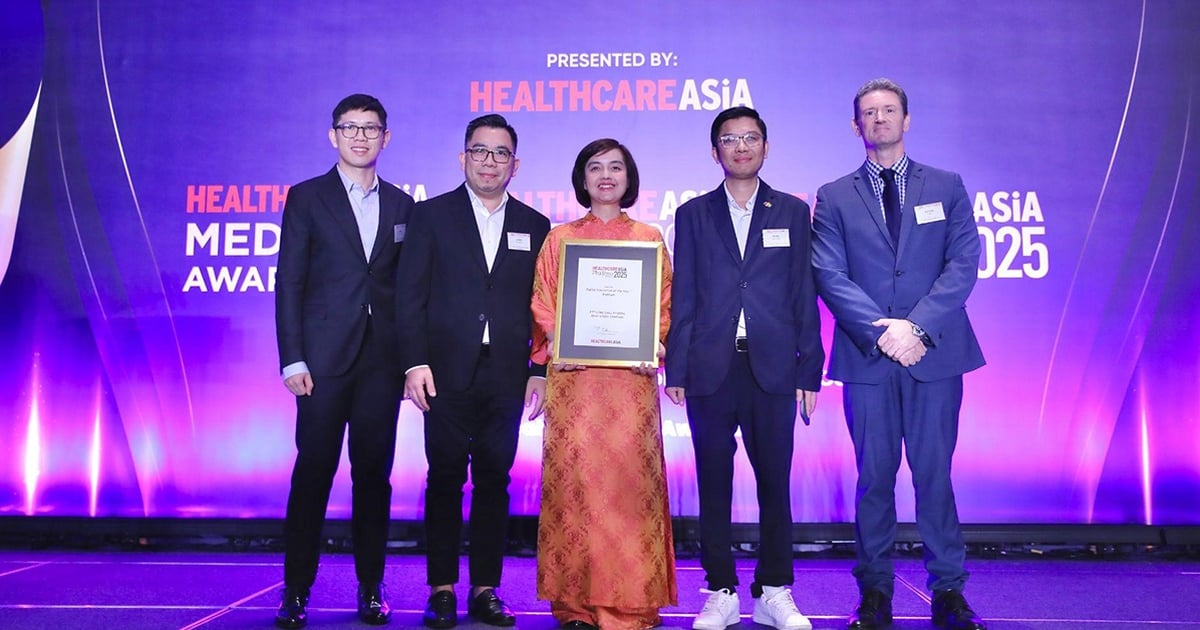


















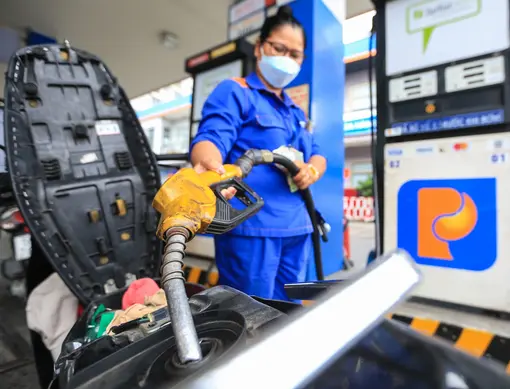
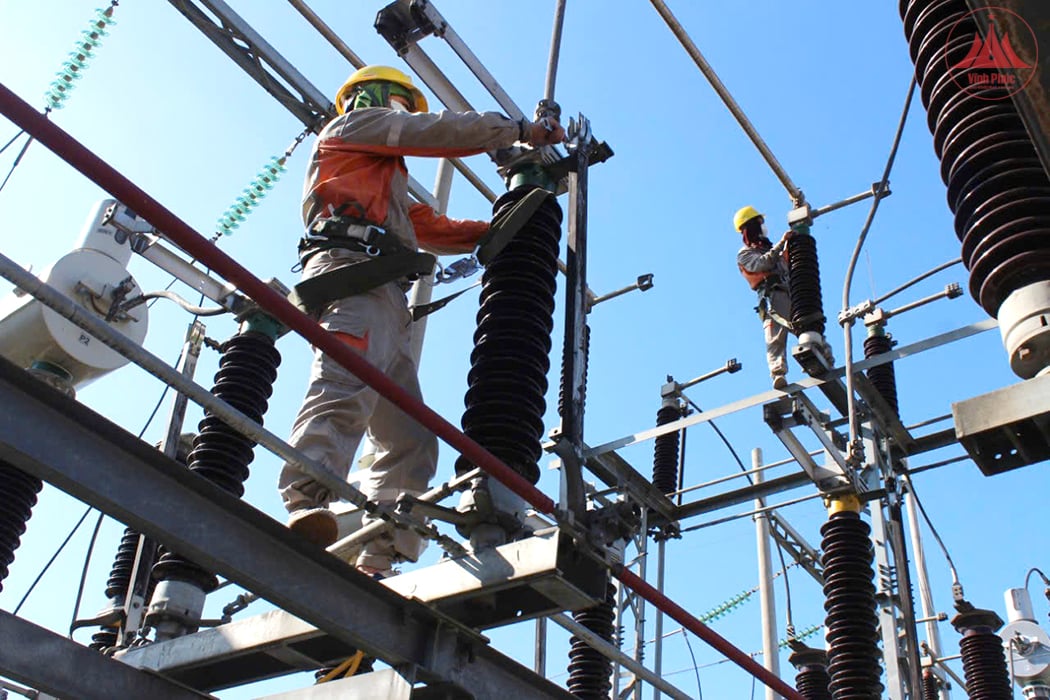










Comment (0)